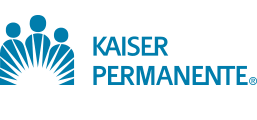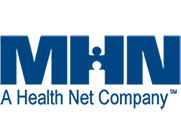I consider myself a learner. I love uncovering and discovering new theories and concepts that challenge me. I love questioning authority and the systems around me. So I knew that when I went to treatment, I probably wouldn’t be the most compliant patient.
The underlying concepts of recovery give us so much to question. “Recovery” as it is traditionally presented comes across as a bit passive. It is equally about unlearning your maladaptive coping skills as it is developing new skills.
It’s about first choosing NOT to cope with stressful situations in the usual way. Then it’s about having the appropriate alternative skills developed to make a supported choice. Recovery is a lot about abstinence.
Abstinence. I really struggle with this idea.
I know what that means with drugs or alcohol, but I’m less sure about food.
I didn’t find my way to recovery by avoiding potentially triggering events, situations or people. I found my way through recovery by doing.
Doing what?
Anything. Everything.
I began by doing both negative and positive things. (I do not recommend the strategy of coping with stress by entering into toxic relationships, but that was something I had to learn.) We all have the right to pick our strategies and we all have the right to fail. However, I had to learn how to fail in a positive way. I had to learn how to fall forward instead of falling apart.
Failing forward enabled me to learn what the better choices were. I eventually learned how to try to be my best self each moment of every day. There are still situations where I am not at my best. Times when I am hungry, angry, lonely or tired and unable to be the most recovered version of me. The difference is that now I can own those failures. I get to identify them, acknowledge them, apologize for them and keep it moving.
My issue with abstinence is that it is non-action. It’s just abstaining from stuff. Abstaining from a life full of challenges, both positive and negative.
Recovery happens through verbs. The action words. The doing. Doing the maintenance, doing what’s next, doing the work.
And so this time of year is hard. You have to have the doing locked up tight. For me, that’s often exploring different things: hobbies, relationships and experiences. It means looking at my uncomfortable spaces with security and support because I have good verbs.
Recovery happens through language.
Recovery happens through actions.
And the spaces where those two things overlap enable us to grow. To get the chance to do recovery every single moment of every single day through choices and actions.
This enables me to incorporate one more thing into my journey of learning and still allows me to question everything I am presented with. I have stopped saying, “I am recovered for eight years.” I now say that I have been growing in my recovered life for eight years. Present Perfect Tense, because my recovery – my questioning of the world around me – is active and vibrant.








